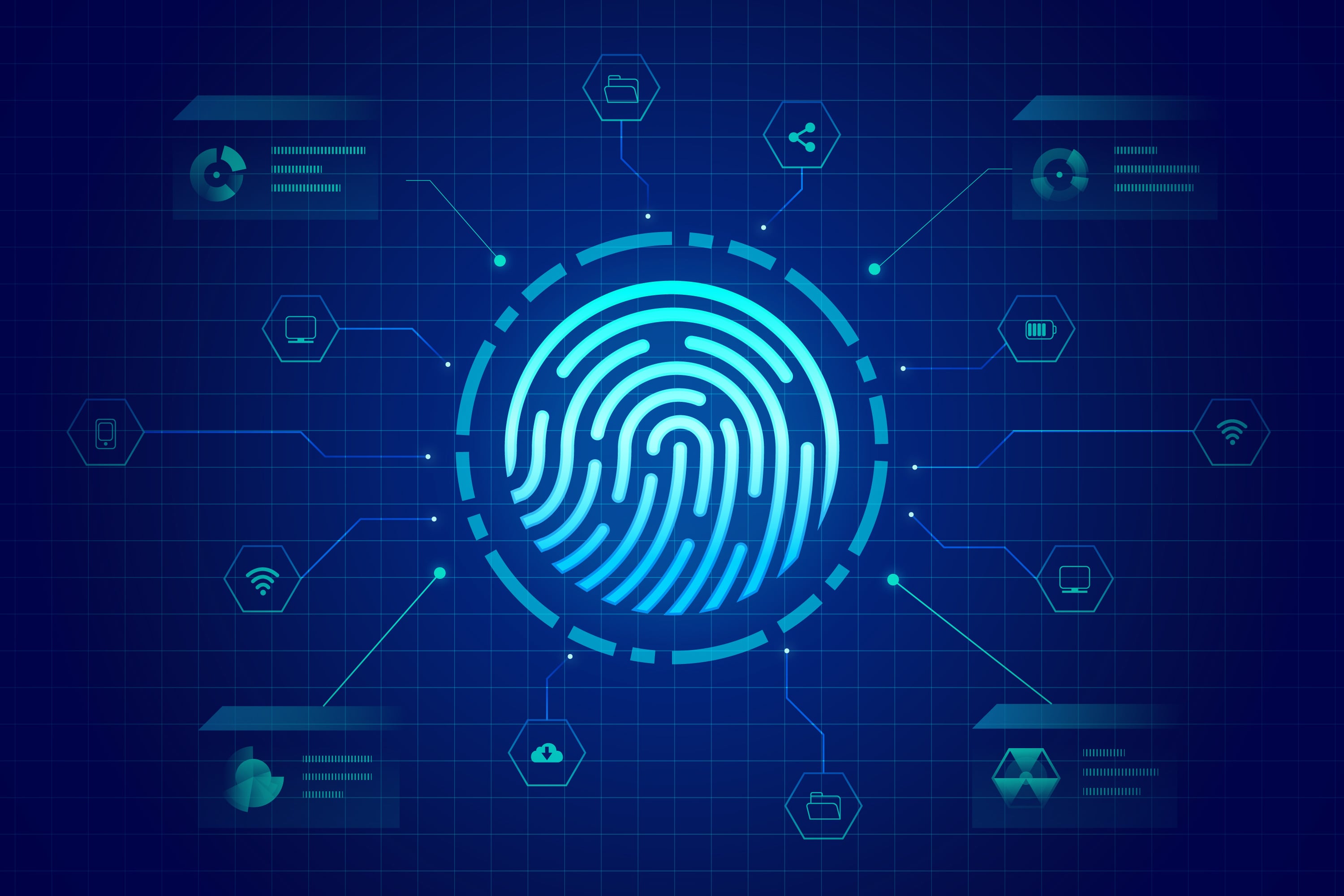Nothing gets through a firewall! – Says no IT geek ever.
Although many vendors claim their firewall’s superiority, no one is still 100% safe from hackers even if you have the best cyber security service in the market. These bad actors (hackers) will always find ways to get around your defences and bring your firewall and other cyber security down to its knees.
The first step to strengthening your cyber security is understanding the cogs that make it work. In this article, we’ll focus on firewall security and its capabilities. Even though a firewall is only one of the many components of your cyber security strategy, they’re the first line of defence against cyber threats such as malware and hackers.
What a Firewall Can Do
Start to imagine a firewall like an immigration officer. They're responsible for overseeing who enters and leaves the country. They check your immigration records, interview petitioners and applicants, and have the power to grant or deny applications. Like firewalls, it inspects every bit of traffic coming into your network and trying to gain access to your data.
A firewall's goal is to prevent unauthorised access and malicious users from getting inside your network. A firewall is placed between your private network and another network – mostly the Internet. It will oversee the traffic that will come and go into your network and, depending on your settings, prevent access to anything it deems suspicious.
Without firewalls, you’re virtually allowing all types of traffic to enter and exit your network.
It's like allowing strangers to come into your home and trusting them wholeheartedly without knowing anything about them.
Firewalls will help protect you from various threats, such as malware and cyber-attacks, from coming into your network.
A firewall is a necessary tool for businesses that adds an extra layer of protection, not just to their network but also to their devices. These devices range from computers, printers, servers, and even smartphones.

Firewall Limitations
As much as we hate saying this, a firewall is not enough to protect you from all threats. That thinking might have worked in the early days of the internet, but now a traditional firewall is not sufficient to completely prevent threats.
Of course, like all things, firewalls also have their fair share of strengths and weaknesses that can impact your IT network.
Keep in mind that firewalls are tools that impose a security policy on your network. It will survey and block traffic from untrusted networks. This policy is set by the organisation and should be enforced strictly considering its limitations that will expose you to the following dangers:
Social engineering
Social engineering is a kind of cyber threat that firewalls cannot prevent. Social engineering attacks include a broad range of attacks involving human interaction which overpasses firewalls. Social engineering's goal is to trick end-users into making a security blunder, such as giving away login credentials. And this can come in many forms, like baiting, scareware, pretexting, and phishing.
Firewalls won’t be able to stop this type of cyberattack.
That’s why aside from firewalls, you will need additional cyber security controls like security awareness training for your employees and multi-factor authentication to make it harder for hackers to access your computer or network.
Newly released threats
Firewalls can block threats, and they come in handy against well-known threats. Unfortunately, new threats are being released every day that are yet to be discovered by vendors and security professionals.
This reason is why you should have more than one security control. Because if a threat can evade your proxy firewall, you have another layer of security control that will catch that threat before it causes problems in your network.
Aside from that, oversee the operational rule set of the firewall regularly. Check how it subdivides the network and the traffic it allows and prevents from getting into your network.
Software and application flaws
Software and applications have their fair share of flaws, and hackers can use these flaws to bypass your firewall. When that happens, they can get their hands on your data and network. This blunder is only one of the vulnerabilities hackers can use to get around your firewall.
Vendors regularly release new patches to maintain security integrity. Implement these patches as soon as they’re available to prevent any possible ramifications that could damage your business extensively.
Inside attacks
Firewalls oversee traffic coming in and out of your network. What it overlooks though are inside attacks done by a person with permitted admin access to the firewall’s perimeter and internal IT systems. But that doesn’t mean firewalls are 100% ineffective against this type of attack.
You can utilise an internal firewall that can segment networks to strengthen your internal security. This solution will not prevent the attack but can slow down the hacker, drastically giving you the chance to mitigate the threat as best you can.
Physical Theft
Physical theft is beyond the scope of a firewall’s protection. Your firewall won’t be of much help if a user attempts to access the data from your stolen computer. Implementing stronger login credentials and multi-factor authentication will at least make it harder for the hacker to access your accounts while you update your passwords.

Build a Reliable Firewall with Office Solutions IT
A firewall is typically your first line of defence against incoming cyber threats. It oversees all incoming traffic and detects threats attempting to wreak havoc in your network. Not having one makes your network vulnerable to an endless list of malicious intents. Some of those risks are unauthorised data access, identity or data theft, and network downtime, among many others.
The goal should be to keep those threats as far away from you as possible.
And Office Solutions IT can help you with that.
We offer robust and smart cyber security solutions to Australian businesses looking to secure their assets from cyber threats and disasters. While we handle all the nitty-gritty IT stuff, you can sit back and focus on running your business rather than worrying about getting hacked.
Frequently Asked Questions
What is a firewall capable of?
Firewalls act as a shield that keeps your network safe from cyberattacks. They act as the barrier that monitors all the traffic coming in and out, based on security rules set by your IT team. Think of them as gatekeepers that stop nasty stuff like viruses, worms, and harmful software from sneaking into your digital world.
When set up properly, your firewall can be a fantastic ally, boosting the confidentiality, integrity, and availability of your data.
What is the biggest problem with a firewall?
Firewalls are great cyber security tools, but they can cause a few hiccups that might compromise your systems if not set up properly. If a firewall is not properly configured, it might unknowingly allow access to unauthorised traffic and create a serious security risk, such as data theft and breaches. Additionally, a poorly configured firewall might accidentally block legitimate traffic and prevent customers from accessing your products and services, which could lead to lost business opportunities and revenue.
What is the weakness of a firewall?
While firewalls do a great job of keeping unwanted traffic out, they can't always handle internal threats. If someone inside your network gets unauthorised access or misuses their access controls, firewalls might not be able to stop them.
This has been a tricky issue for the cyber security community for quite some time.
What threats does a firewall not protect you against?
Firewalls might not be the best at handling internal threats like insider attacks, privilege abuse, and phishing attempts. Although they're essential for keeping external threats at bay, it's a good idea to pair them with other security measures. This way, you can cover all your bases and keep your IT infrastructure safe and sound!









.jpg)





